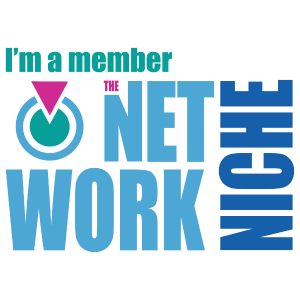How Your Body Changes Post-Pregnancy
/DISCLAIMER: As always, this post is only to provide general information. Please consult with your healthcare professional regarding treatment for your specific needs.
The ways in which your body changes during pregnancy are pretty well documented and you probably already have a good idea of what will happen. However, the changes don’t always stop there and there are a range of differences that women notice in the months after having a baby. Whether you are currently pregnant or you are thinking about having a baby at any point in the future, it is worth knowing about a few of the most common changes so nothing catches you by surprise.
Hair Loss
You may not know it, but each of us tends to lose around 100 hairs a day when we are not pregnant! During pregnancy, your body is flooded by hormones, so you lose far less than normal. After you have given birth, your body starts to compensate for this so you may find yourself losing more hair than usual during the first six months. Most likely, your hair will soon start to return to its usual growth cycle, but if you’re experiencing a prolonged delay in growth, it might be time to see a specialist: like a Trichologist.
Breast Changes
In the first couple of days after giving birth, you may find that your breasts have become flushed, swollen or sore. This swelling will tend to go down if you choose not to breastfeed or after you have finished breastfeeding. Additionally, the skin around your breast may sag, and even if you don’t breastfeed, you may find yourself experiencing milk leakage for a few weeks after birth.
Stomach Differences
In the days after giving birth, you can feel that your uterus is hard and round. Around six weeks or so, you should no longer feel it pressing against your abdomen. You will probably notice some stretch marks around your skin, and even the fittest new moms may have some excess skin in their midsections. To help with this, you may want to think about engaging in some exercises such as yoga or Pilates, and building these up over time. Remember not to rush into anything too quickly as your body has been through a lot during pregnancy.
Back Pain
It will usually take some time before the abdomen muscles ( which have become stretched during pregnancy), regain their former strength. Your body reacts to this by naturally putting on weight around your back muscles. This can end up leading to some sort of back pain. These problems usually work themselves out around six months following giving birth, but you may choose to see a chiropractor if this is not the case.
Skin Discoloration
If you have suffered from acne during pregnancy, you should notice your skin starting to clear itself up. If this is not the case or you have other underlying skin conditions that pregnancy has exacerbated, you should consider seeing a dermatologist.
I hope this post provides all of my new and expecting mamas with additional information that you find beneficial. Again, this post is to provide general knowledge and can vary from person to person. Following up with your OB/GYN can provide you with information tailored to your specific needs.
LET'S GET SOCIAL...








